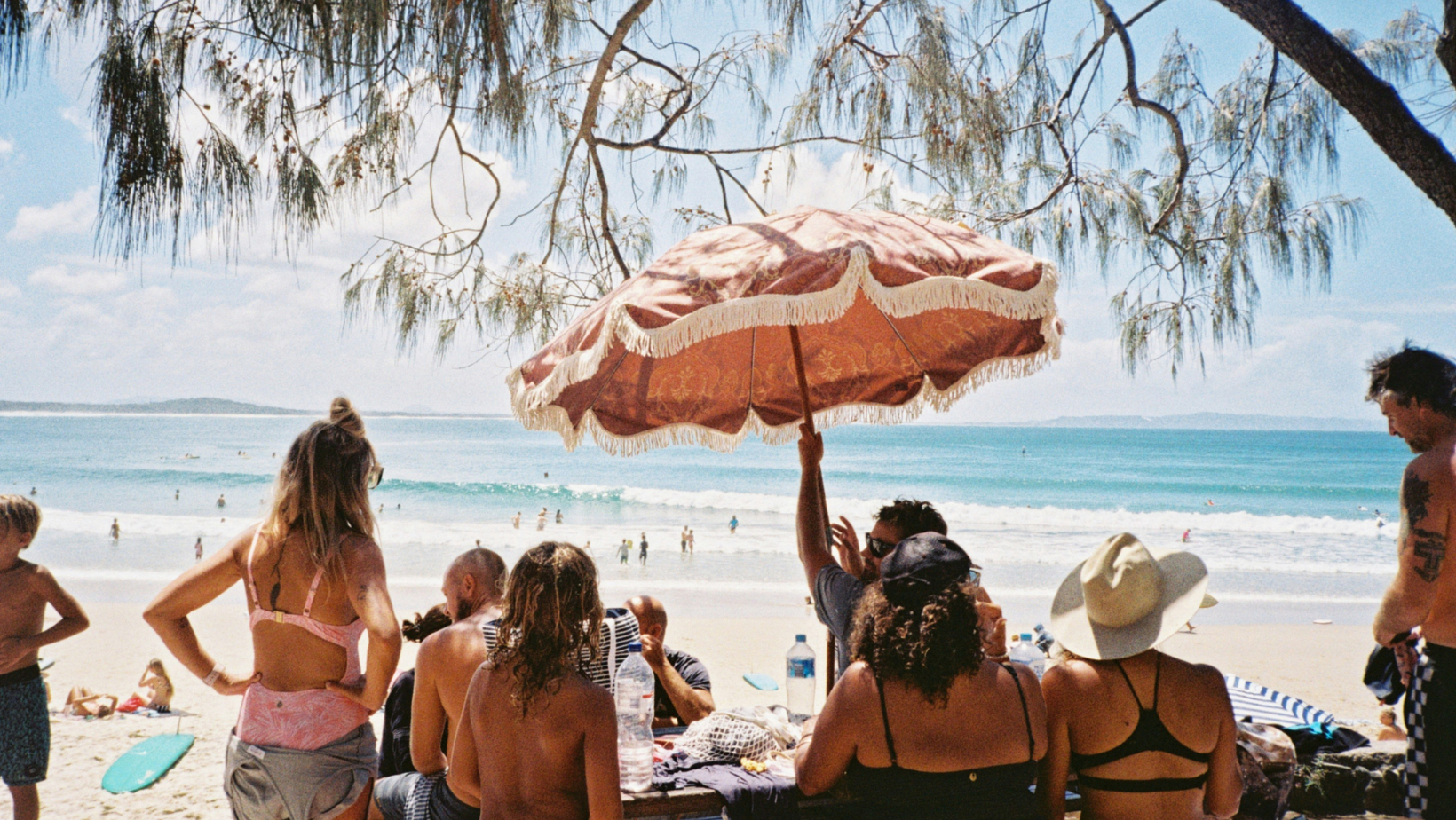Spring Break and Substance Use: How to Stay Safe and Sober
Spring break is a much-anticipated time for relaxation and fun, offering students a chance to unwind after a demanding academic season. However, for many, it also comes with increased pressure to indulge in risky behaviors, including substance use. While partying is often portrayed as the centerpiece of spring break, it doesn’t have to be. Choosing a safe and sober spring break can lead to more meaningful experiences, memorable adventures, and better overall well-being.
Here’s how to plan a spring break that prioritizes your safety, happiness, and sobriety.
The Risks of Substance Use During Spring Break
Spring break celebrations often involve alcohol and drug use, but these substances can have serious consequences:
Risky Behavior: Impaired decision-making increases the likelihood of dangerous situations such as unprotected sex, accidents, or altercations.
Legal Issues: Drinking underage, public intoxication, or drug possession can lead to arrests, fines, and a criminal record.
Health Complications: Overdoses, alcohol poisoning, and injuries are common during spring break festivities.
Avoiding substance use is a proactive way to protect yourself and fully enjoy your break without unwanted consequences.
Benefits of a Sober Spring Break
Choosing sobriety doesn’t mean sacrificing fun—it means making the most of your experience while staying in control. Here are some benefits of a sober spring break:
Genuine Memories: Without the haze of substances, you’ll be fully present to create lasting, meaningful memories.
Improved Well-Being: Avoiding hangovers or the health risks of substance use ensures you stay energized and enjoy every moment.
Stronger Relationships: Connect authentically with friends and family without the influence of alcohol or drugs.
A sober spring break lets you focus on enjoying your time away in a safe and healthy way.
Safe Spring Break Tips
Planning ahead and staying mindful of your choices are key to having a safe and sober spring break. Here are some tips to make it happen:
1. Plan Ahead
Choose a destination that aligns with your goals for a substance-free break. Look for sober-friendly resorts, wellness retreats, or adventure destinations.
Research activities that emphasize fun and relaxation, such as outdoor excursions, cultural tours, or group sports.
2. Travel with Trusted Friends
Surround yourself with friends who share your commitment to staying safe and sober.
Establish a buddy system to keep an eye on one another during outings and activities.
3. Practice Saying No
Prepare responses for situations where you may be offered alcohol or drugs. A simple, confident “No, thanks” is often enough, but you can also use phrases like “I’m sticking to my goals” or “I’m good with water.”
4. Stay Hydrated and Well-Fed
Drink plenty of water to stay hydrated, especially if you’re spending time in the sun or being active.
Prioritize balanced meals to maintain energy and support your physical and mental health.
5. Stick to a Budget
Set a budget for your trip and avoid situations where financial stress might tempt you to make poor decisions.
How Families Can Support a Sober Spring Break
Families play an important role in encouraging safe choices during spring break. Here’s how parents and guardians can help:
Open Communication: Discuss the importance of staying safe and sober, and express your support for healthy choices.
Provide Resources: Help students plan substance-free activities or trips, such as outdoor adventures, service projects, or wellness retreats.
Be a Role Model: Demonstrate the value of having fun and relaxing without relying on alcohol or drugs.
By fostering a supportive environment, families can empower students to make responsible decisions during spring break.
Overcoming Peer Pressure During Spring Break
Peer pressure is one of the biggest challenges to maintaining sobriety during spring break. Here’s how to stay true to your goals:
Recognize Triggers: Be aware of situations or individuals that may push you toward unwanted behaviors.
Have a Supportive Group: Surround yourself with people who respect your choices and won’t pressure you to drink or use drugs.
Reframe Your Perspective: Remember that saying no isn’t about missing out—it’s about protecting your health and well-being.
Standing firm in your choices is a powerful way to take control of your experience.
Resources for Students and Families
Whether you’re planning a sober spring break or seeking support for substance use concerns, resources are available to help:
Sober Travel Destinations: Many resorts and travel companies offer substance-free options for spring breakers.
On-Campus Support: Most colleges have counseling centers, peer groups, and wellness programs to support students in making healthy decisions.
Professional Services: If substance use is a concern, organizations like Insight Northwest Recovery provide counseling and tailored programs to help students and families navigate these challenges.
Thrive with Professional Support
Choosing a safe and sober spring break is one of the best decisions you can make for your health and happiness. If you or someone you know is struggling with substance use or peer pressure, Insight Northwest Recovery is here to help. Our compassionate, student-focused programs provide the tools and support needed to make healthier choices and build a brighter future.
Contact Insight Northwest Recovery today to learn more about our services and take the first step toward a substance-free life.

